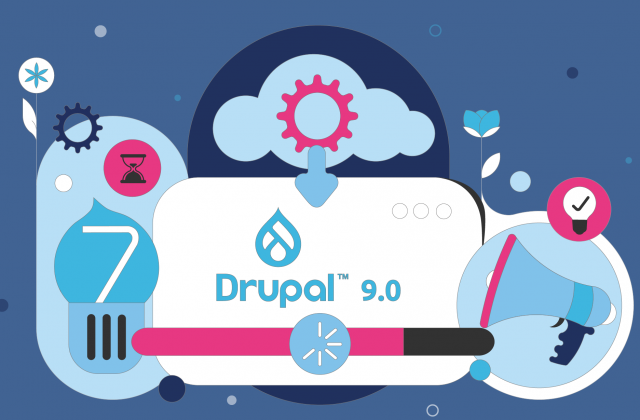What in fact happens when you report abuse on Twitter? How to deal with Twitter abusers on a network that is first and foremost, free, and secondly, not very policy-protective?
Twitter is facing many challenges when it comes to protection and safety. Perhaps, befriending your abusers seems (in the most unusual way) as a better method than following Twitter’s guidelines.

But for whom? Can anyone else win their trolls round with talking or job reference? Not slightly.
A report from Amnesty International revealed that Twitter is especially toxic for many women. That especially tackles journalists, politicians, and other public figures.
Female or not, the situation is disturbing. Is talking about abuse on Twitter becoming mainstream communication? What about the huge number of people who suffer the same abuse as public figures, the abuse we know nothing about?
What’s Twitter’s solution for that?
Twitter does have a system that lets users report abuse and even get bad accounts taken down.
Twitter’s policy is somewhat unclear and undetermined on the very definition of abusive behaviour online. Considering it is a free network, let’s not hold against them the overly usage of may not in their policy. However, although we do know that physical threats or posting from multiply accounts are considered abusive, they do not specify any behaviour at all.
Twitter, however, has an in-depth explanation of when to report the abuse. Or it would be better to say, to recognize the abusive behaviour. But, you must admit there is something wrong with these explanations.
„Abusive users often lose interest once they realize that you will not respond.”
“If the user in question is a friend, try addressing the issue offline. If you have had a misunderstanding, it may be possible to clear the matter up face to face or with the help of a trusted individual.”
The process of reporting abusers is also very slow, and very often ineffective, while Twitter discourages third-party reports:
“We are unable to respond to requests from uninvolved parties regarding those issues, to mitigate the likelihood of false or unauthorized reports. If you are not an authorized representative but you are in contact with the individual, encourage the individual to file a report through our forms.” And why is that?
CNBC once interviewed Twitter’s CEO Dick Costelo and called on users to ask a question. The questions were mostly directed to safety as well as “Why is reporting spam easy, but reporting death and rape threats hard?”, and “Why rape is not a violation of your ToS?”.
CNBC reported that more than 28 percent of submitted questions were related to harassments and abuse. It all comes to this: block, unfollow and leave Twitter to call the police.
The complete #AskCostolo report card (via @mcwellons) @CNBC @dickc $TWTR pic.twitter.com/SPBfDfpPlR
— Carl Quintanilla (@carlquintanilla) July 29, 2014
So what can we do? It seems “the power of the people (read: users)” is a potential solution. Block Together is an app “intended to help cope with harassments and abusers on Twitter”. It allows users to share their lists of blocked users with friends and auto-blocking new users who @reply them.
Flaminga is another app that helps users create mute lists they can share with other users. It even allows a user to mute Twitter accounts created recently, while the Block Bot identifies Twitter’s “anti-feminist obsessives”.
While this is a great initiative by users that can pave the way to creating a different approach to dealing with online harassment, and perhaps even community, without Twitter’s cooperation, the problem is not addressed properly, still in the level of Twitter’s solution.
Still, you can choose to stay below the radar and pick carefully who should you follow on Twitter. Check out our Twitter for beginners guide on how to deal with Twitter and its users.
Twitter is not alone in this.
Facebook and Google are very often under fire for not responding properly to online abusers and harassment.
But, that’s precisely the case: why aren’t they capable of responding properly, when these networks are built with a main focus on users.
Maybe they should hire more people who will address these social problems, as Danielle Citron, the law professor at the University of Maryland, proposed regarding the recent Facebook’s lawsuit.
Some say, however, that Twitter is the only platform with such intensely disruptive behaviour given the very nature of the network.
At this point, all we can do is, in fact, write about it. To remind people that online abusers and harassment are, unfortunately, common and omnipresent.
Writing and talking about that can bring heightened attention, if not to Twitter, then to the users.



